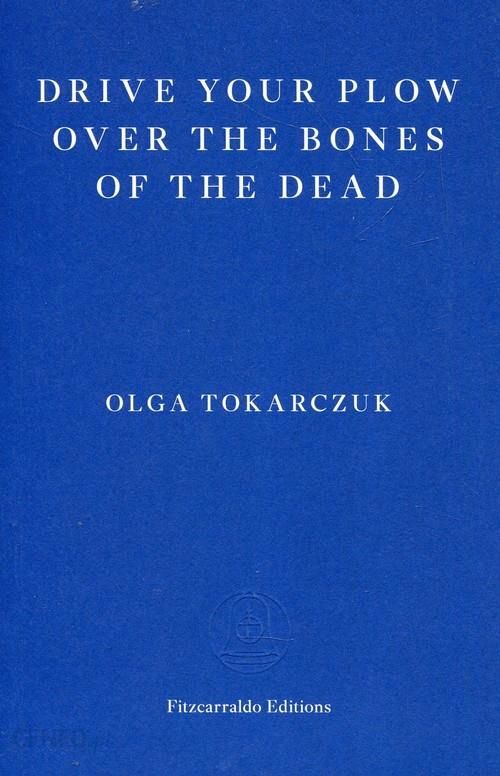

Her perspective makes perfect sense for her character, though there are occasional moments when even the reader must question her sanity (just another brilliant move by Tokarczuk). Duszejko gave me a human connection to this story that managed to keep me invested even though I didn’t always agree with her or feel interested in her arguments. I don’t often enjoy books about animals, or books that ask readers to pity animals I have enough natural empathy for living creatures, and don’t feel that my caring more about them will make any difference in the world, so I tend to find them repetitive, needlessly sad, and ultimately ineffective (for me personally- I respect that they are more successful with other readers). Though this book opens with a striking chapter that depicts neighbors dealing with their own dead in a desolate winter world, what first captured my attention about Drive Your Plow Over the Bones of the Dead was not the action but rather the singular voice of the story’s narrator. One period of grief is followed by another, so I am in constant mourning.” “Sorrow, I felt great sorrow, an endless sense of mourning for every dead Animal.

Duszejko continues to complain loudly about local treatment of animals, fighting against even legal hunting practices. In the midst of this unresolved murder spree, Mrs. Most call her crazy and move on, but when more of the villagers turn up dead as the year wears on, it becomes obvious that something suspicious is going on. She has occasion to do a bit of snooping in his house at that time, and will later tell anyone who’ll listen (and some who won’t) that animals have killed him in revenge (he was a known poacher). She’s one of three who remain in the cold months- until one day, one of her neighbors comes knocking with a request for her to help him deal with the third man, who’s dead. In the novel, an old woman living in a secluded Polish village looks after the houses of the folk who spend their winters elsewhere. If those accolades aren’t enough, let me tell you a bit about this incredible book. In addition, Tokarczuk was just announced the 2018 winner of the Nobel Prize in Literature.


Nominated for both the Man Booker International prize and the National Book Award prize for translated fiction earlier this year, it’s certainly been getting some buzz. Olga Tokarczuk’s Drive Your Plow Over the Bones of the Dead (translated from the Polish by Antonia Lloyd-Jones) caught my attention the first time I saw it’s title.


 0 kommentar(er)
0 kommentar(er)
